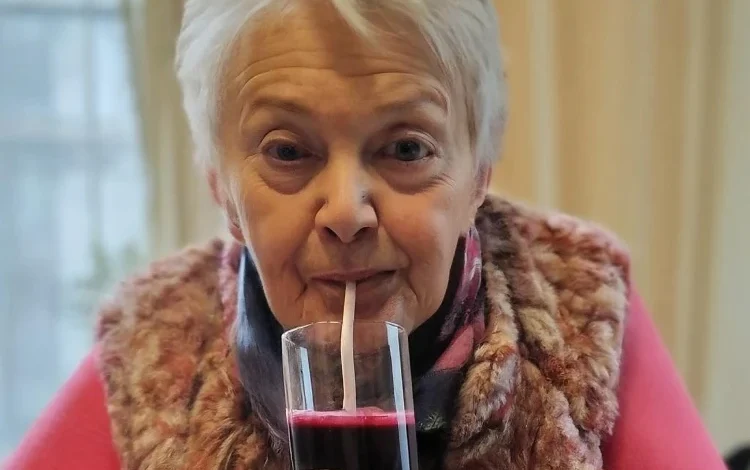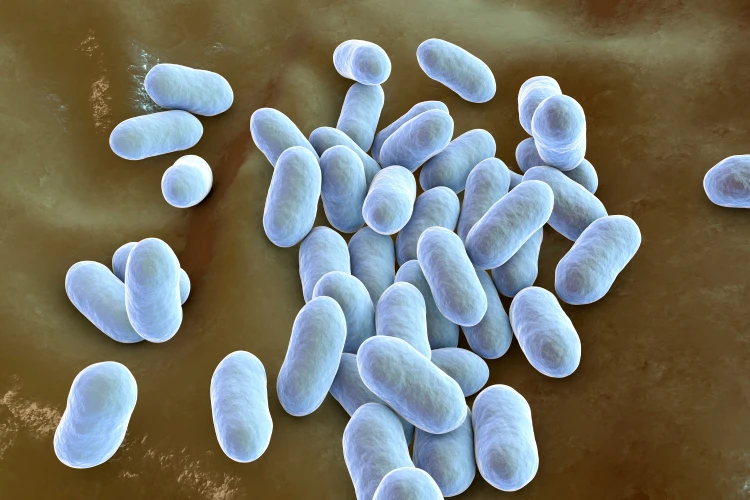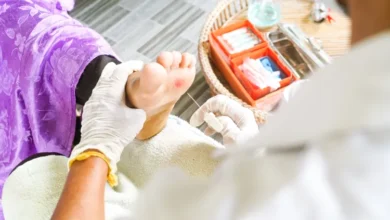Beet Juice May Lower Blood Pressure in Older Adults in Just Two Weeks
How Changing Mouth Bacteria Could Be the Secret to Better Vascular Health

New research has shown that beet juice lowers blood pressure in older adults by reshaping the bacteria in their mouths. The effect was seen after just two weeks of daily beetroot juice shots, according to a University of Exeter study published in Free Radical Biology and Medicine.
The findings suggest that dietary choices could help manage high blood pressure in older age, a condition linked to greater risks of heart disease, heart attack, and stroke.
Two Weeks, Twice a Day

The study involved 36 adults in their 60s and 70s and compared their responses with 39 younger adults under 30.
Participants drank concentrated beetroot juice twice a day over a two-week period. They also took a placebo version, with nitrate removed, for another two weeks.
Older adults saw a noticeable drop in blood pressure after the nitrate-rich beet juice period, but the same was not true when they consumed the placebo. Younger adults, despite drinking the same juice, did not experience a significant change in blood pressure.
The Microbiome Connection
The researchers highlighted the oral microbiome, the collection of bacteria living in the mouth, as a central factor. In older adults, beet juice led to fewer potentially harmful bacteria such as Prevotella and more beneficial bacteria such as Neisseria.
These bacteria are essential because they help convert dietary nitrate into nitric oxide. Nitric oxide helps blood vessels loosen, which makes circulation smoother and reduces blood pressure. As people age, their natural ability to produce nitric oxide declines, making them more reliant on this bacterial pathway.
While younger adults also experienced microbiome changes, their blood pressure did not fall. Researchers suggest this is because younger people already produce more nitric oxide naturally, so extra dietary nitrate has less impact. In contrast, older adults tend to have higher blood pressure and less nitric oxide, making them more responsive to dietary interventions.
Expert Views
Professor Anni Vanhatalo from the University of Exeter explained that increasing nitrate-rich vegetables in the diet could be a simple, low-cost way to support vascular health in older age. She noted that beets are not the only option—spinach, rocket (arugula), fennel, celery, and kale also provide dietary nitrate.
Co-author Professor Andy Jones added that these results pave the way for larger studies that consider lifestyle factors and differences between men and women in response to dietary nitrate.
Dr. Lee Beniston of the UK’s Biotechnology and Biological Sciences Research Council, which helped fund the work, said the study highlights how nutrition, oral bacteria, and ageing are closely linked.
Other Research on Beets and Blood Pressure
This is not the first time beets have been linked to heart health. Previous meta-analyses found that beetroot juice can reduce systolic blood pressure in adults. The effects, however, vary depending on dose, duration, and individual health conditions.
Some experts also caution that excessive nitrates can be harmful, especially if they form compounds called nitrosamines in the stomach. For most people, however, eating vegetables high in nitrates is safe and beneficial.
Practical Takeaways
For older adults looking to support heart health, small dietary changes may help:
Daily habit: A small shot of beetroot juice once or twice a day may reduce blood pressure in just two weeks.
Alternative vegetables: Spinach, celery, rocket, and kale also provide nitrates.
Oral care: Avoid strong antiseptic mouthwashes, which can wipe out helpful bacteria that aid nitrate conversion.
Heart health basics: Combine a nitrate-rich diet with exercise, reduced salt intake, and good sleep for long-term benefits.
[Source]








